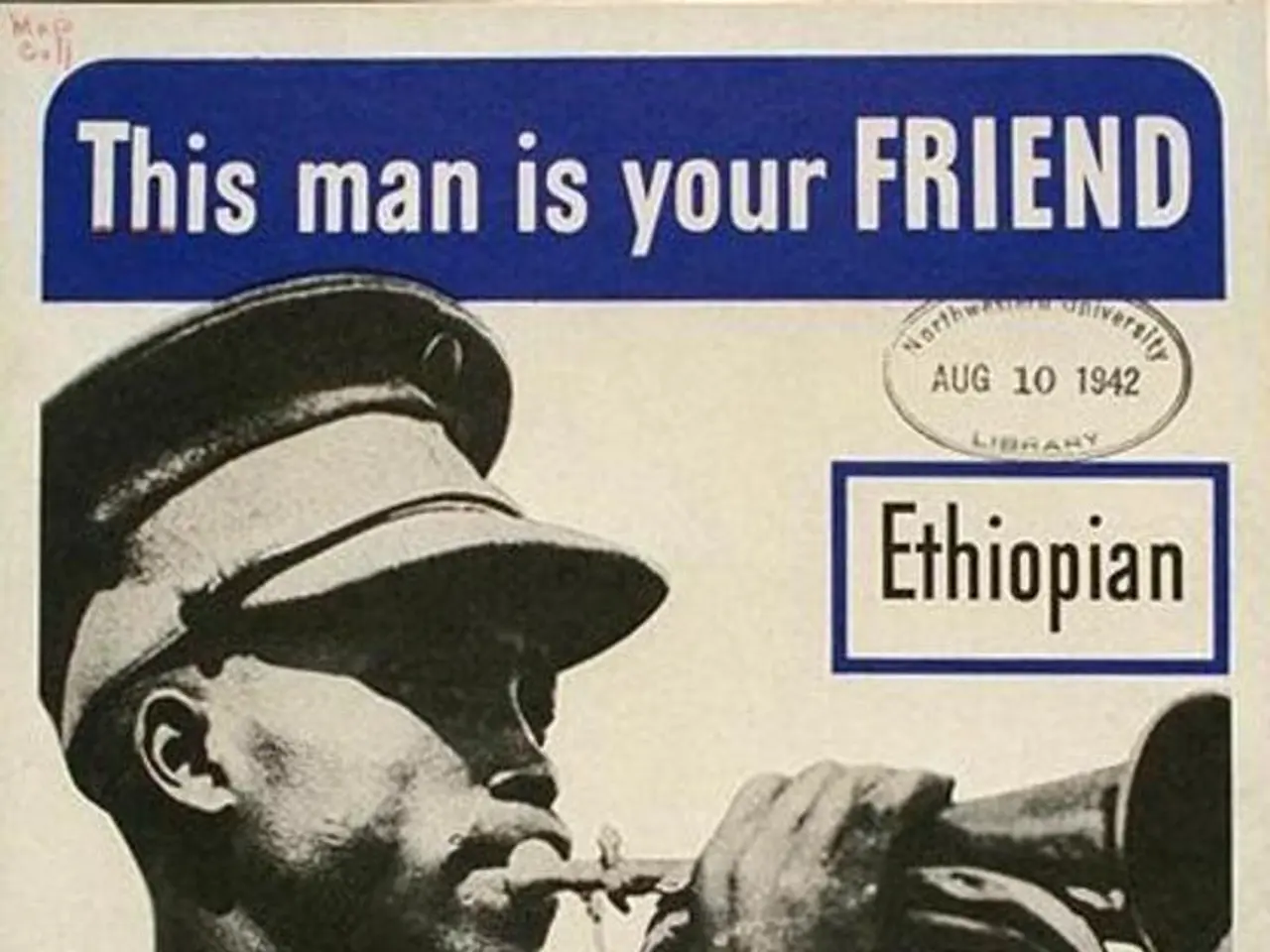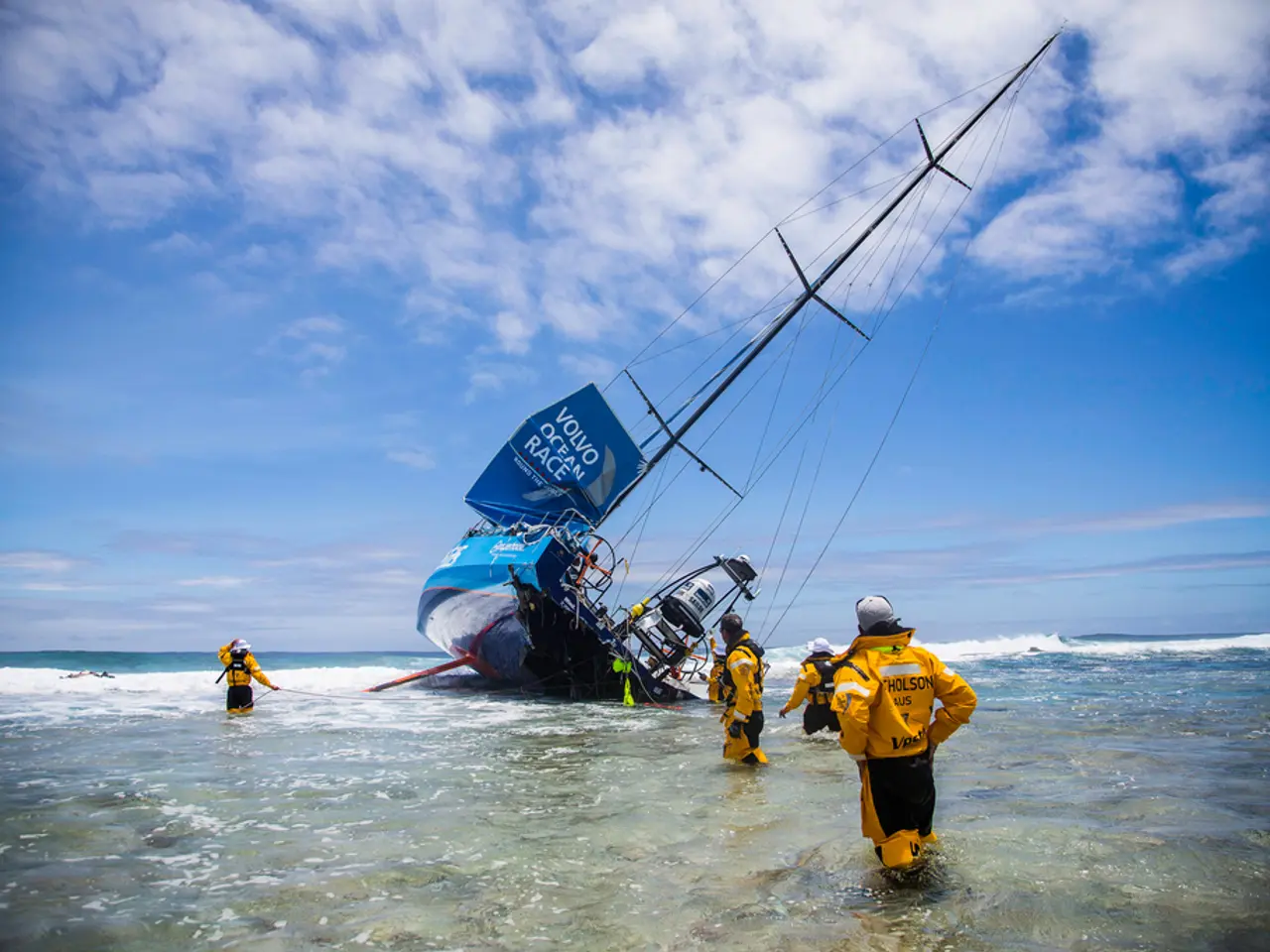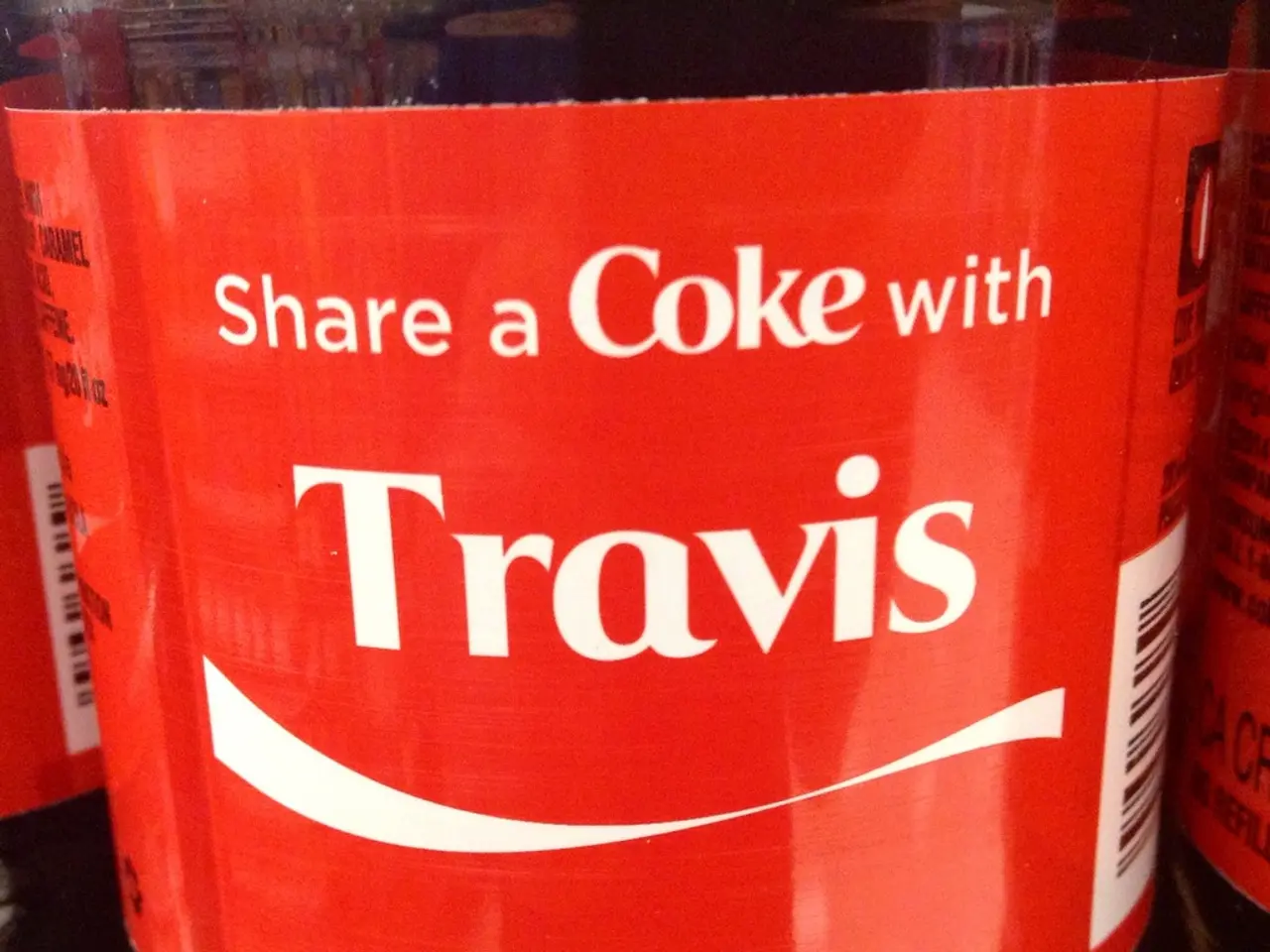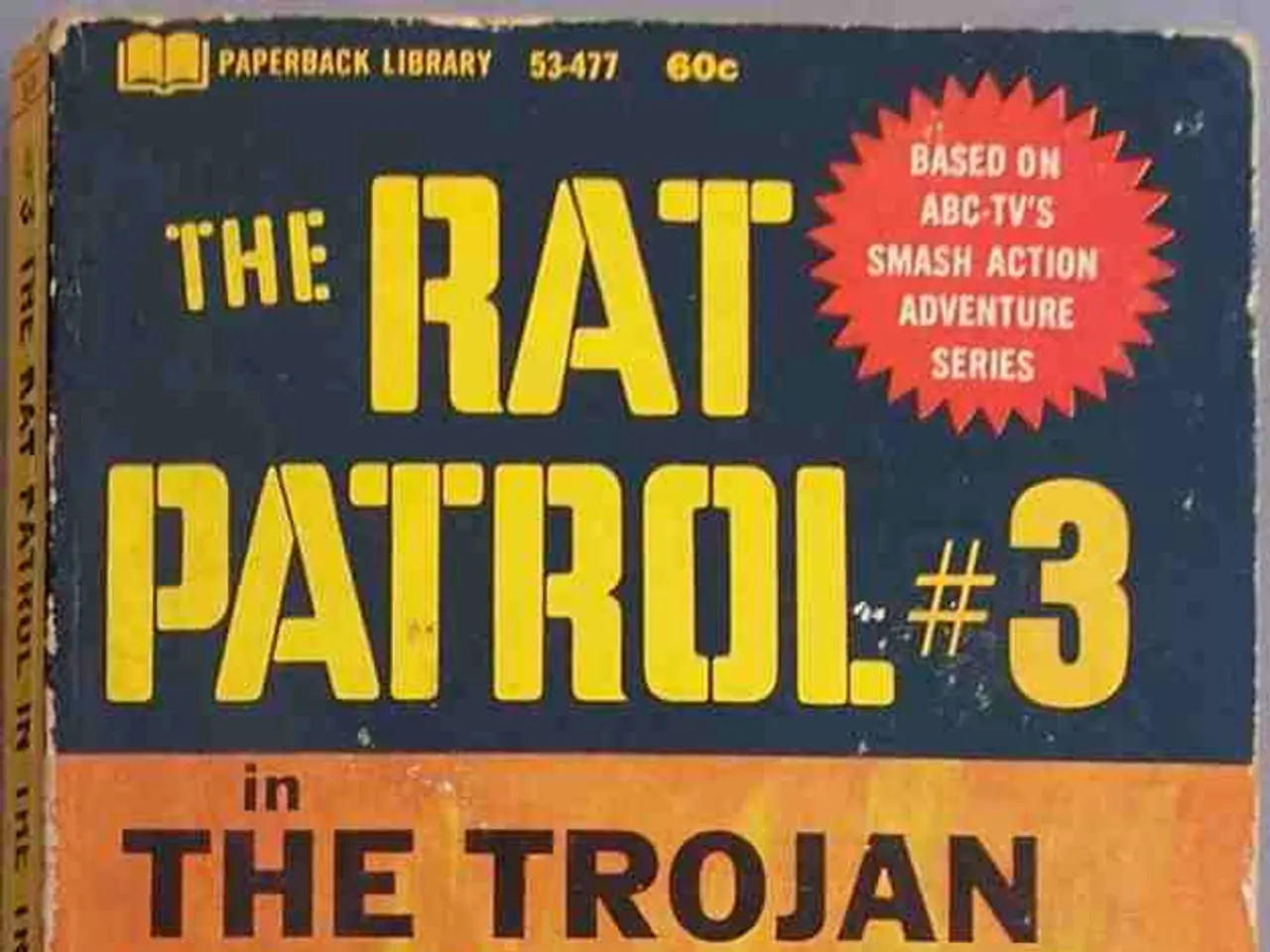"At its critical moment"
In the landscape of global media, Radio Free Europe/Radio Liberty (RFE/RL) stands as a significant force, providing news content in 27 languages across Central and Eastern Europe, Central and South Asia, the Balkans, and the Caucasus. This media organization has historically been a crucial source of independent journalism, particularly in regions where government-controlled media dominate.
Recently, the funding for RFE/RL has been under threat, with the Trump administration freezing funds through the U.S. Agency for Global Media (USAGM). This decision led to a lawsuit by RFE/RL over the refusal to disburse congressionally appropriated funds[5]. The freeze was part of broader funding cuts initiated during the Trump era, affecting several international broadcasting entities.
The importance of RFE/RL in promoting democracy and supporting independent journalism cannot be overstated. Its operations are seen as a beacon of democracy, providing alternative news sources in areas dominated by authoritarian regimes[3]. The organization focuses on regions such as Central Asia and the Caucasus, where other international public broadcasters often do not have a presence, making RFE/RL an indispensable source of news for local populations[3].
The European Union has provided emergency funding to help sustain RFE/RL's operations, highlighting the international recognition of its importance in maintaining media freedom and democracy[1][3]. However, the U.S. government faces budget constraints, which can lead to funding cuts for international broadcasting initiatives[5]. Some argue that resources could be better allocated to other global priorities or domestic issues, rather than maintaining extensive international broadcasting operations.
Criticisms about the effectiveness of RFE/RL in achieving its goals, particularly in areas where local media landscapes are complex and diverse, may also exist. However, the organization's long history of reporting on human rights violations, crimes of totalitarian regimes, and conflicts, including the Afghan war, the Chechen wars, Georgia, Syria, and the current large-scale war in Ukraine, speaks volumes about its impact[6].
Notable figures such as Vladimir Kara-Murza, Dmitry Muratov, Svetlana Alexievich, Ivan Kovalev, Alexander Cherkasov, Boris Zimin, and Oleg Orlov have all expressed their support for RFE/RL and their concerns about its potential closure[1][2][4][6][7]. Some have shared personal experiences of support and encouragement received from RFE/RL during challenging times[4].
The future of RFE/RL remains uncertain, with ongoing negotiations about funding and its continued operation. The organization faces ongoing challenges in securing sufficient funding to sustain its operations fully, but its importance in maintaining media freedom and democracy cannot be underestimated. The EU's provision of emergency funding underscores the international support for RFE/RL's mission. However, the organization's future hangs in the balance, with the potential loss of a vital source of independent news in regions where such information is scarce.
The Trump administration's decision to freeze funds for Radio Free Europe/Radio Liberty (RFE/RL) through the U.S. Agency for Global Media (USAGM) has stirred politics, with RFE/RL filing a lawsuit over the refusal to disburse congressionally appropriated funds. This general-news, involving the potential closure of RFE/RL, has raised concerns among noteworthy figures such as Vladimir Kara-Murza, Dmitry Muratov, Svetlana Alexievich, and others, who see RFE/RL as a critical source of independent journalism, particularly in regions where government-controlled media dominate.






